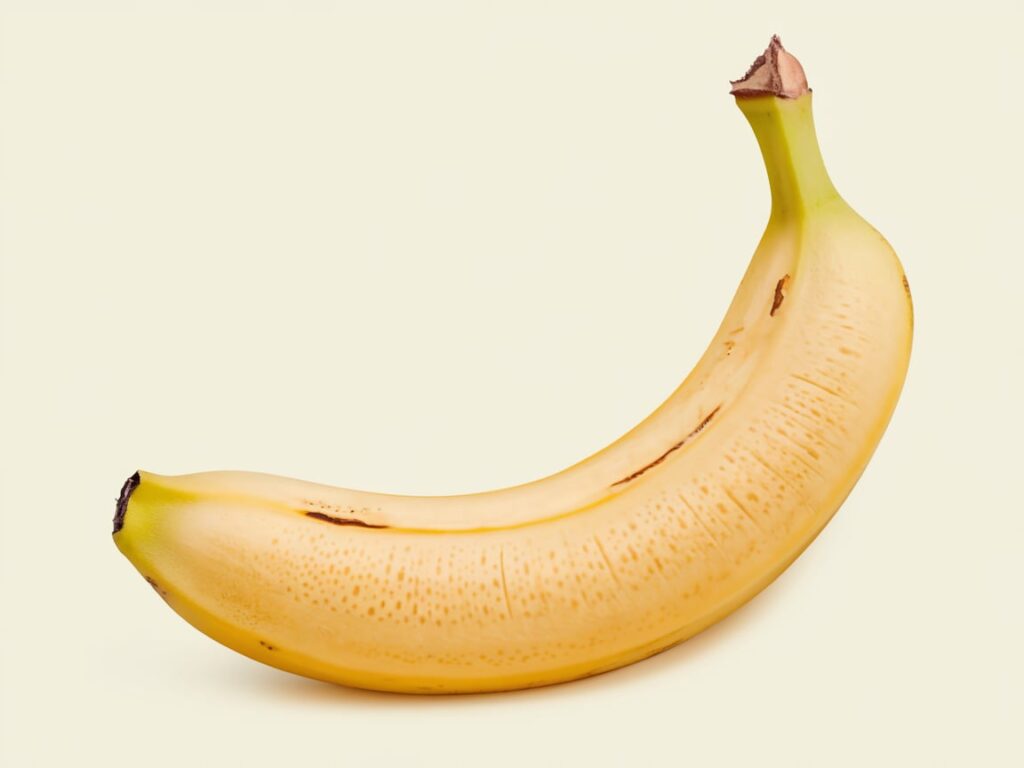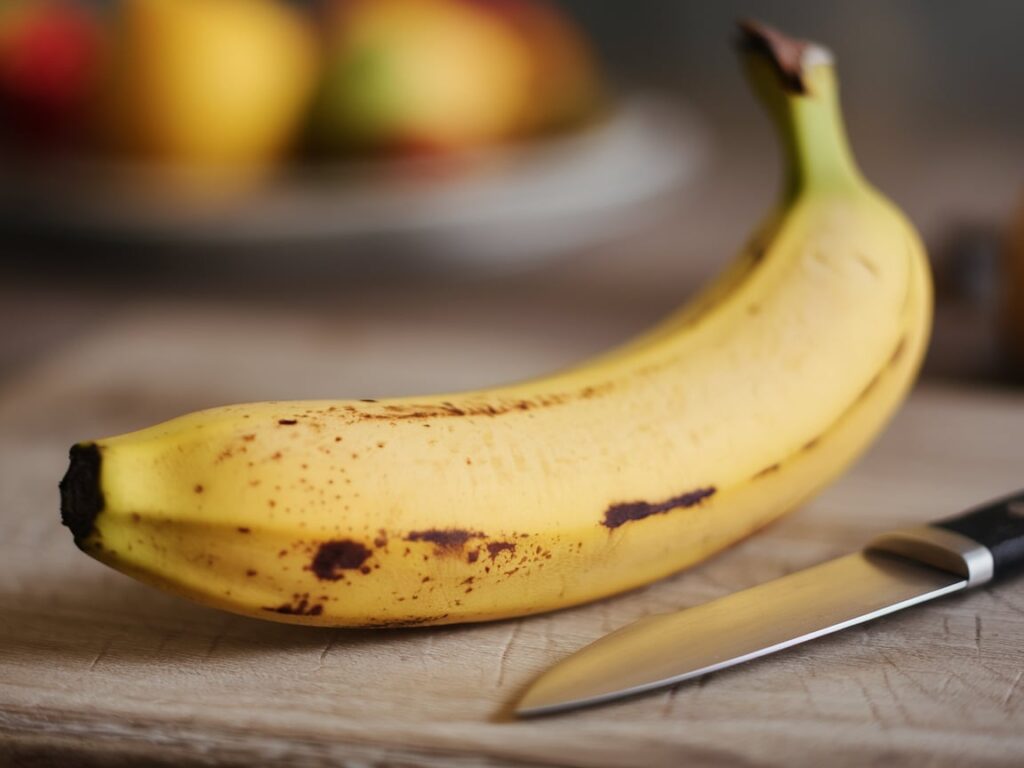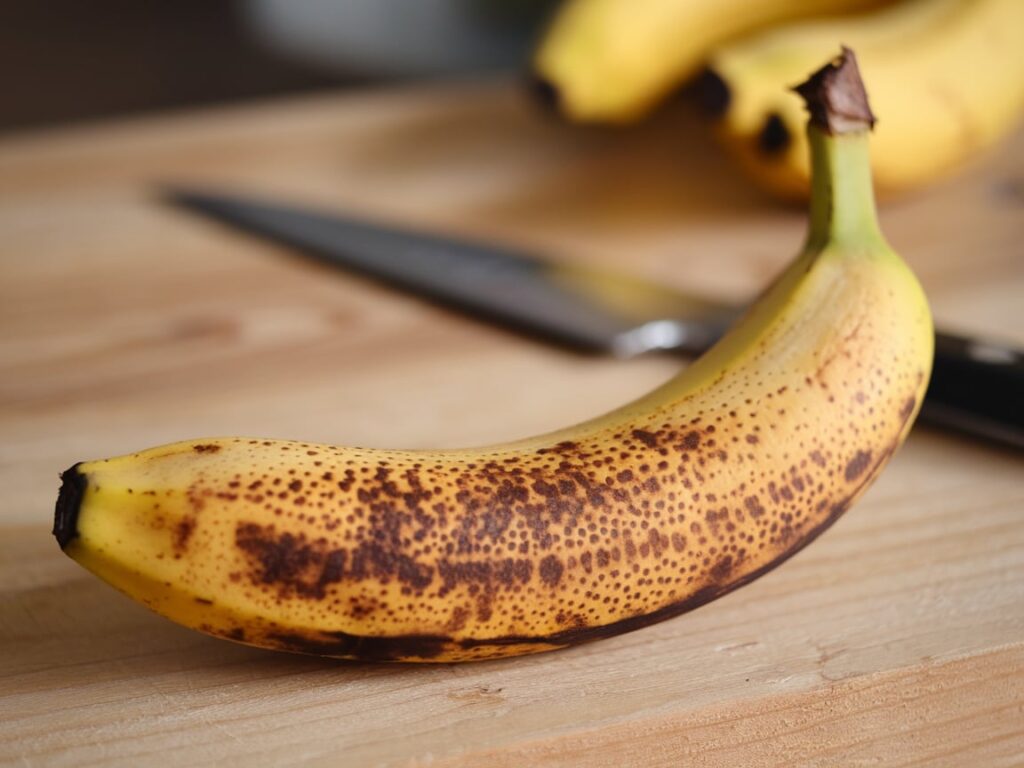Ripe bananas are not only a popular snack but also packed with essential nutrients that offer a wide range of health benefits. Whether you’re enjoying them on their own or incorporating them into your favorite recipes, understanding how good ripe bananas are can help you make the most of this versatile fruit.
Nutritional Value of Ripe Bananas
Ripe bananas are an excellent source of vitamins and minerals that are crucial for maintaining good health. They are particularly rich in Vitamin C, which boosts the immune system, and Vitamin B6, which supports brain health. Additionally, they provide a good amount of potassium, essential for heart health, and magnesium, which plays a role in muscle function.
- Vitamins: High in Vitamin C and B6, crucial for immune and brain function.
- Minerals: Rich in potassium and magnesium, supporting heart and muscle health.
The health benefits of ripe bananas are numerous:
- Heart Health: The high potassium content helps regulate blood pressure, reducing the risk of heart disease.
- Digestive Health: Ripe bananas are a good source of dietary fiber, which aids in digestion and prevents constipation.
- Energy Boost: Natural sugars in ripe bananas provide a quick and sustained energy boost, making them an ideal snack for athletes and busy individuals alike.
For more details on another nutrient-packed banana recipe, you might find the Pumpkin Banana Loaf interesting and delicious.
How Ripeness Affects Banana Quality
As bananas ripen, they undergo several chemical changes that affect their nutritional quality and taste. The starches in unripe bananas gradually convert into sugars, making the fruit sweeter and more palatable as it ripens.
- Sugar Content: Ripening increases the sugar content, making the banana sweeter.
- Texture Changes: The texture becomes softer and creamier, ideal for baking and smoothies.
These changes also enhance the flavor and aroma, making ripe bananas more appealing for a variety of culinary uses. If you’re looking to incorporate bananas into a unique treat, check out these Earl Grey Cookies.
Comparing Ripe Bananas to Other Fruits
Ripe bananas have unique qualities that set them apart from other fruits:
- Ripe Bananas vs. Apples:
- Nutritional Differences: Bananas have more potassium, while apples provide more dietary fiber.
- Health Benefits: Both fruits support digestive health, but bananas offer additional heart health benefits due to their high potassium content.
- Ripe Bananas vs. Berries:
- Antioxidants: Berries are higher in antioxidants, which protect against cellular damage, while bananas offer more potassium and magnesium.
- Dietary Fiber: Both fruits are excellent sources of fiber, but bananas are often more convenient for a quick snack.
Culinary Uses of Ripe Bananas
Ripe bananas are incredibly versatile and can be used in a variety of recipes:
- Common Recipes:
- Smoothies: Add ripe bananas to your smoothies for natural sweetness and a creamy texture.
- Baking: Ripe bananas are perfect for baking banana bread, muffins, or pancakes, adding moisture and flavor.
- Creative Uses:
- Desserts: Use ripe bananas in desserts like banana pudding, banana ice cream, or as a topping for oatmeal.
- Snacks: Enjoy ripe bananas on their own, sliced over cereal, or as a topping for toast with peanut butter.
For a quick breakfast treat, you might enjoy On-the-Go Pancake Muffins that pair well with ripe bananas.
Storage and Shelf Life
To maximize the shelf life of ripe bananas:
- Proper Storage Methods:
- Room Temperature: Store bananas at room temperature until they reach your preferred level of ripeness.
- Refrigeration: Once ripe, bananas can be refrigerated to extend their freshness for a few more days.
- How to Extend Shelf Life:
- Freezing Techniques: Freeze overripe bananas for use in smoothies or baking later. Simply peel them, cut into slices, and store in a freezer-safe bag.
Potential Risks and Considerations
While ripe bananas are generally safe and healthy to eat, there are a few considerations to keep in mind:
- Allergies and Sensitivities: Some individuals may be allergic to bananas or may experience sensitivities, such as mouth itching or gastrointestinal discomfort.
- Overconsumption Effects: Although bananas are healthy, eating too many can lead to an excessive intake of potassium, which may be problematic for individuals with kidney issues.
FAQs
- What is the best way to ripen a banana quickly?
Place bananas in a brown paper bag with an apple or a tomato to speed up the ripening process. - Are overripe bananas still healthy?
Yes, overripe bananas are still nutritious and are often sweeter, making them ideal for baking. - How can you tell if a banana is too ripe to eat?
If a banana is excessively mushy or has developed a strong fermentation odor, it may be overripe for eating fresh but can still be used in baking. - Can you use ripe bananas in cooking and baking?
Absolutely! Ripe bananas are versatile and can be used in a variety of recipes, from smoothies to banana bread.




